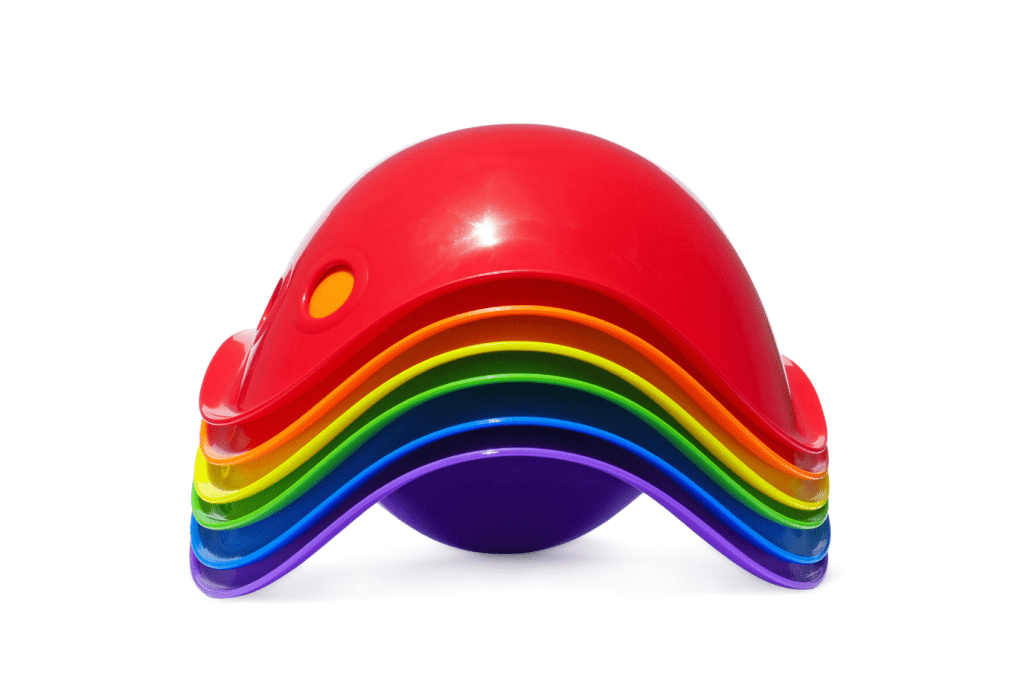Menu
-
- Valentine's Gifts
- Lunar New Year Gifts
-
Shop Gifts By Age
- Gifts For a 0-6 Month Old
- Gifts For A 6-12 Month Old
- Gifts For A One Year Old
- Gifts For A Two Year Old
- Gifts For A Three Year Old
- Gifts For A Four Year Old
- Gifts For A Five Year Old
- Gifts For A Six Year Old
- Gifts For A Seven Year Old
- Gifts For An Eight Year Old
- Gifts For A Nine Year Old
- Gifts For A Ten Year Old
-
Shop Gifts By Budget
- New Arrivals
-
Toys
- Large Active Toys
- Animal Toys
- Arts & Crafts
- Award-Winning Toys
- Bath Toys
- Birthday Wishlists
- Building Toys
- Cars, Trains, & Trucks
- Games
- Instruments
- Loose Parts Play
- Loot Bag Toys
- Made in Canada
- Outdoor Toys
- Pretend Play
- Puzzles
- Sensory And Fidget Toys
- Sensory Bin Tools & Fillers
- STEM Toys & Activities
- Toronto-Themed Gifts
- Travel Toys
- Wooden Toys
- Waiting Room Toys & Furniture
-
Montessori Materials
- Montessori At-Home Program
-
Montessori Furniture
-
Bundles & Sales
-
Books
-
Shop By Age
-
Shop By Brand
- Brands A-F
- Brands G-L
-
Brands M-R
- MagicPlaybook
- Magna Tiles
- Make Believe Ideas
- Makedo
- Manhattan Toys
- Math for Love
- Milaniwood
- MindWare
- Mojo Toys
- Moluk
- Moulin Roty
- Native Northwest
- nic
- Nienhuis
- Ooly
- Opinel
- Ostheimer
- Papoose
- Peaceable Kingdom
- Plan Toys
- Plus-Plus
- Preschool Collection Watches and Timers
- Ravensburger Puzzles
- Real Life Pages
- Brands S-Z
-
- 866-901-4696
- Gift Registry
- Login

Why Montessori Teaches Children How to Cook, Clean, and Sew
2 min read

Our at-home program has a few activities that some parents might find a little strange.
We have lessons on:
…BUT there are really good reasons!
They include:
The big picture goal is that they not only benefit the individual, but also the greater community.
When Dr. Montessori first developed her pedagogy, she also found that the children truly enjoyed these types of activities.
Why?
Montessori Teachers also understand the value of practical life activities for children, even at a very young age:
We have lessons on:
- Cleaning the window (with water!)
- Watering the plants
- Folding clothes
…BUT there are really good reasons!
Practical Life Activities (and why they’re at the core of Montessori)
Practical Life Activities are daily activities that we carry out for our own well-being and for the care of the environment.They include:
- Care of the Self (washing, wiping your face, brushing your teeth)
- Care of the Indoor and Outdoor Environment (cleaning, watering the plants, creating beauty in one's space)
- Food Preparation
- Grace and Courtesy (social skills and understanding of polite social norms)
The big picture goal is that they not only benefit the individual, but also the greater community.
When Dr. Montessori first developed her pedagogy, she also found that the children truly enjoyed these types of activities.
Why?
- These types of activities are meaningful to them. They see the role models (adults) around them performing these skills daily and quickly understand the value of these activities, wanting to be a part of them.
- Practical Life exercises develop confidence and self-esteem as the child learns to do things for themselves and contribute to their home environment ("I am helping my parents and that feels good!").
- Children learn to collaborate and develop social skills through practical life activities, especially with activities in the kitchen like food preparation, baking, etc.
Montessori Teachers also understand the value of practical life activities for children, even at a very young age:
-
Gross Motor Developments - Cleaning, scrubbing, sweeping, etc. include gross motor movements and opportunities for maximum effort, the innate drive to do hard and heavy work, exerting maximum physical effort.
-
Concentration - Most activities follow a sequence of steps, which develops concentration and focus.
-
Develops a Growth Mindset - Most of these jobs offer opportunities for repetitive movements, which helps develops a "growth mindset", meaning the child is open to learning from their experiences, including their mistakes, and recognizes that skills are developed over time and must be built upon to improve them.
If you do a quick Google search, there's a lot of research coming out about the benefits of a growth mindset.
- Prepares the Child for Writing - Use of tools like scooping, pouring, tong transfer, and other kitchen work, will develop and strengthen the hand. This will help tremendously in preparing the child for writing and other fine motor movements.
If you’re new to Montessori and not sure where to start in introducing these skills, but you have an interest, look out for my next post in a few days.
This one was getting a bit long so in the next one I'll outline how to demonstrate and teach these types of skills.
Join Our Montessori Community
Sign up to get weekly activities, free printables, Montessori parenting guidance, and so much more.
Plus, get $10 off your first order of $100+.
Like this article? Get new articles, weekly activities, free printables, Montessori parenting guidance, and so much more.
One mom recently shared:
"Your newsletter is always SO great. It is one of the few I open and read weekly. You provide so much value. Thank you!"



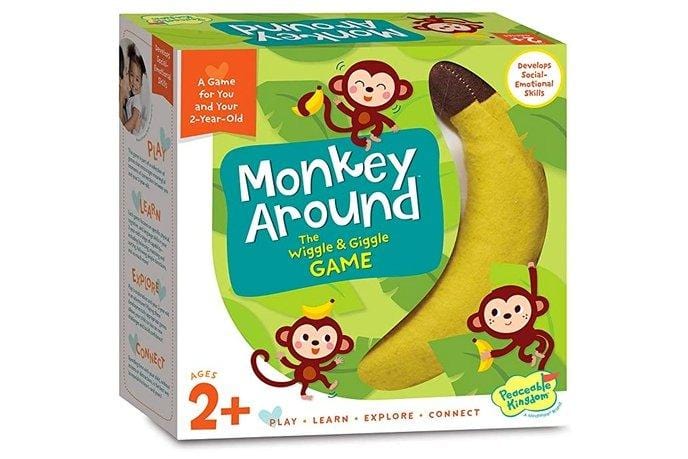

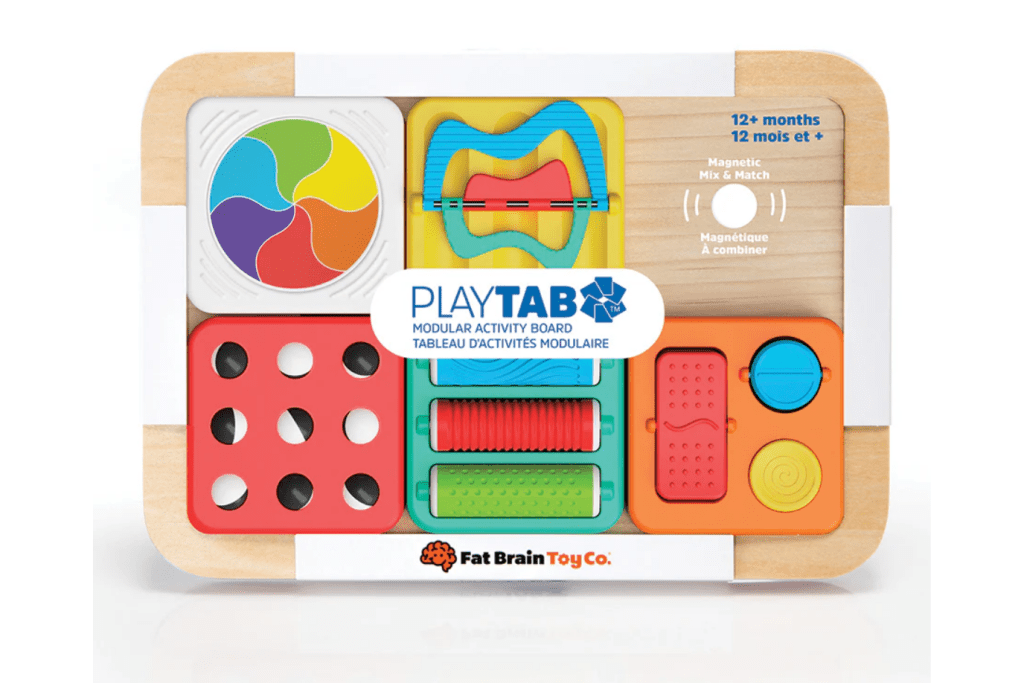
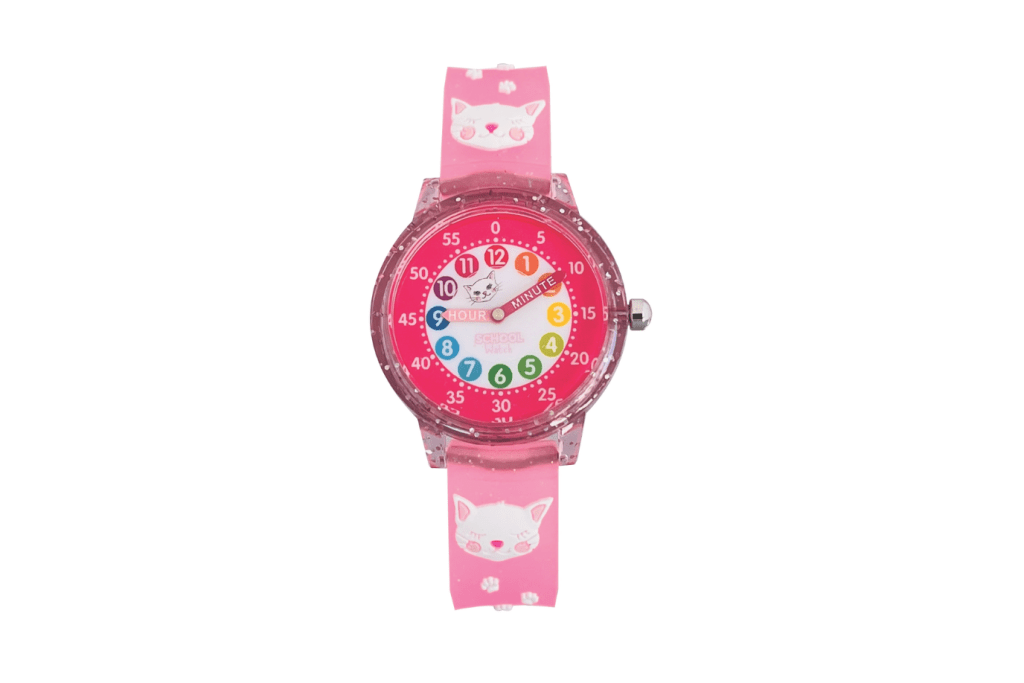
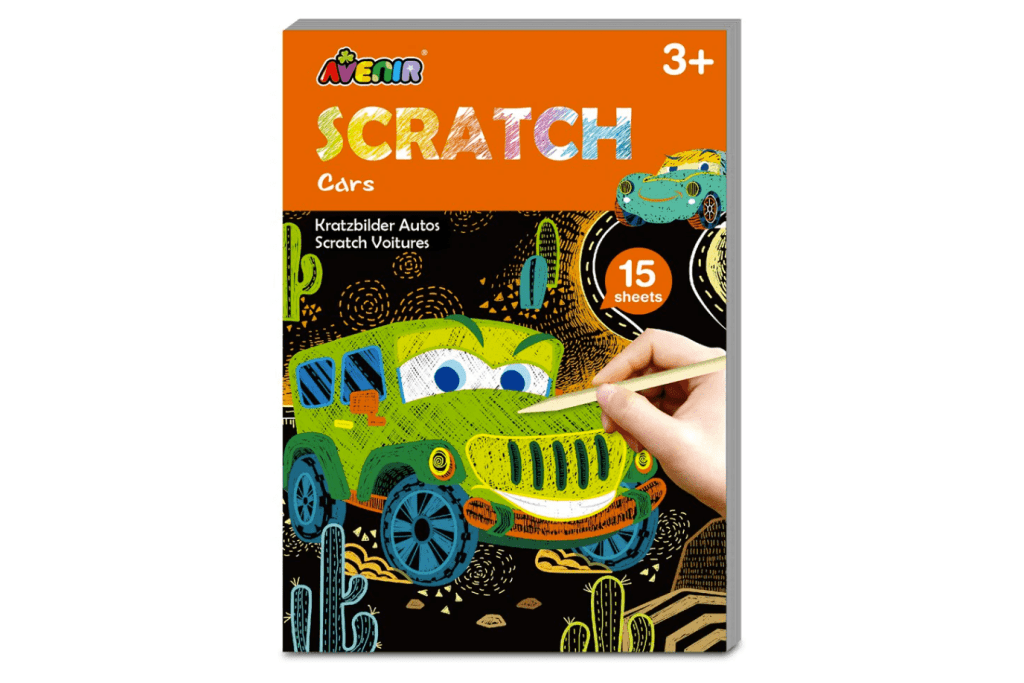

![Kidamento Kidamento Children's Cameras [3 Models]](http://themontessoriroom.com/cdn/shop/products/kidamento-childrens-cameras-3-models-661353_1600x.png?v=1699075281)
